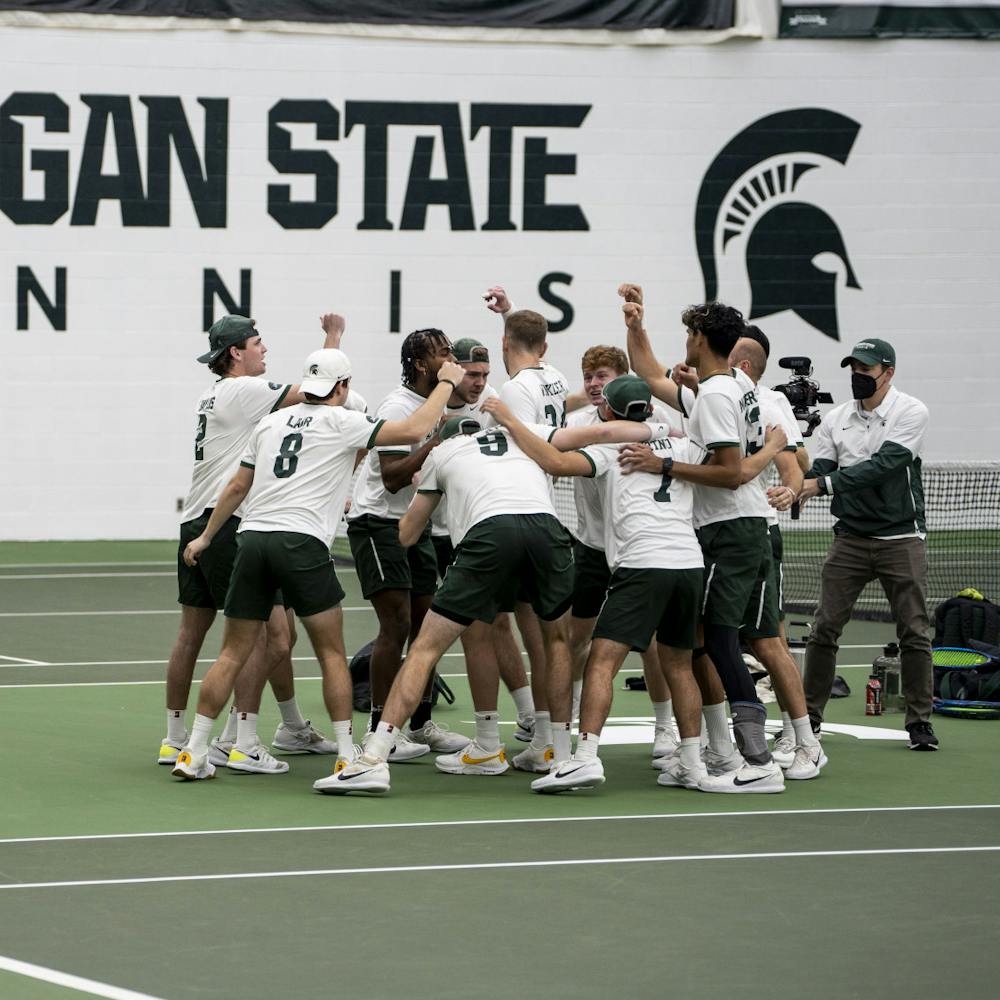The debate over whether to post SIRS forms online continued Tuesday, as members of the University Committee on Academic Policy and ASMSU addressed concerns about the proposal at this week’s Faculty Council meeting.
A plan to allow students access to a version of SIRS, or Student Instructional Rating System, forms online has been in the works since 1997. But the plan was put on hold at last month’s Academic Council meeting because faculty members wanted more time to discuss the specifics.
Those actions prompted members of ASMSU, the university’s undergraduate student government, to walk out of the meeting in disgust.
“I consider myself a serious student - I take the time to meet a professor beforehand,” said ASMSU Academic Assembly Chairperson Charles McHugh, talking about the proposal’s importance. “A lot of students don’t take that time or don’t have the time to give. But this is a medium for students to do that.”
Because of disagreements between students and faculty, the SIRS forms won’t be issued this year.
Faculty Council, along with students and administrators, makes up one voting portion of MSU’s Academic Council - which approves general student regulations and student rights. This body will ultimately decide the proposal’s fate.
Some faculty members say they’re worried student opinion would have a negative impact on both new and returning instructors.
“Right now, let’s say I turn out an absolutely abominable evaluation,” said Ralph Taggart, a professor of botany and plant pathology and geological sciences. “There ought to be a structured program to help faculty who want to improve their teaching to make progress.”
Taggart said teachers in their first, second and third years who receive bad reviews by students would benefit the least from the student rankings.
“We have to provide a mechanism to improve their performance,” he said, saying the SIRS forms could potentially do more harm than good.
Some faculty members, on Tuesday, expressed interest in the availability of the questionnaires’ results. Originally, the University Committee on Academic Policy and ASMSU planned to make the results available only to students. But many faculty say they wanted the Web results available to the entire university community.
“If I’m looking at it and students don’t perceive me as being effective, that information can be valuable to us in the quest of self-improvement,” said Gilbert Baladi, a civil and environmental engineering professor.
Some faculty members were also confused by the phrasing of the last of six questions on the proposed form, which asks students their varying ranges of agreement or disagreement. The statement reads: “The level of effort of students in the class contributed to the effectiveness of the course.”
A yes or no response simply wouldn’t be suffice, one faculty member insists.
“The answers need to be more qualitative,” said Kuo-Chuan Chou, a professor of animal science. “Once we put a descriptive answer there, it will become more clear and useful to students.”
University Committee on Academic Policy Chairperson Jeanne Wald told the council such items can still be up for debate and faculty input is crucial to finalizing the plans.
Some plans recommended included requiring a Pilot e-mail account to access the forms, preceding the results with a professor profile and giving academic departments freedom in the ways to present the results.






